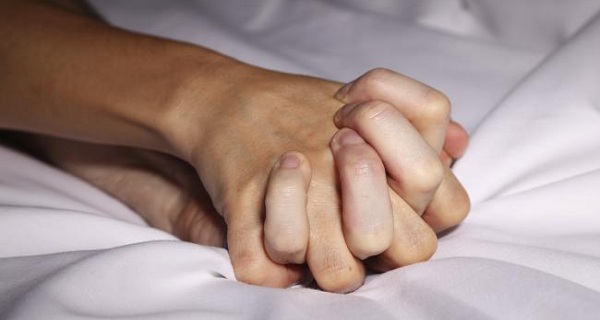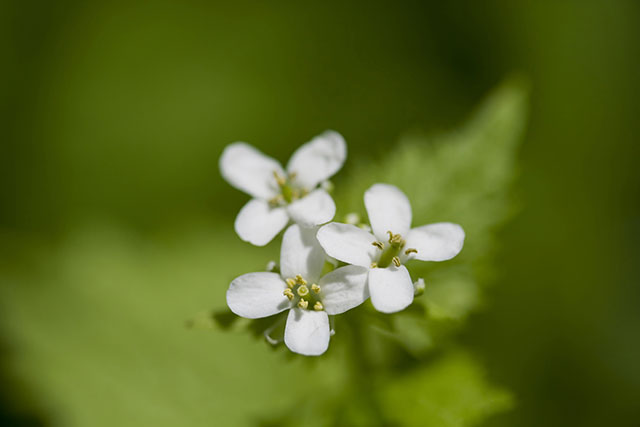What makes YOUR heart pound? Top 50 things range from a near accident to an encounter with the opposite sex, according to poll
10/16/2017 / By Rhonda Johansson

Here’s an article to lighten the mood. OnePoll.com recently revealed the top 50 activities that get our hearts pumping, ranging from the expected (such as exercising) to the hilarious (accidentally liking someone’s post or photo on social media — particularly if you were stalking them). The poll itself is educational, but does make you smile as you remember all the little things that bring a blush to your cheeks.
Exercising comes in as the number one activity that gets your heart racing. This is followed by having extremely good sex (no surprises there) and going to a job interview. While these top three activities are to be expected, the rest are rather interesting. Take for example, a first kiss ranking at 14 or making that last-minute bid on eBay coming in at number 37.
The researchers noted the average adult will experience a racing heart beat at least four times a week. They noted that three-quarters of their participants (all of whom were Britons) said that it can be relatively easy to get their heart pumping.
See the full list of heart-racing activities at DailyMail.co.uk.
When the ticking is tocking
In all seriousness though, a racing heart can be symptomatic of a more deadly condition. Palpitations, or that “thump” that you feel in the middle of your chest, is not normal. Factors such as caffeine and stress can contribute to this sensation, however, palpitations may also occur out of the blue.
It becomes a cause for concern when you feel your heart racing for more than a few minutes, along with serious palpitations. Accompanying feelings of lightheadedness and nausea need to likewise be immediately addressed.
For the most part, palpitations come and go.
The relationship between the heart and the brain
Perhaps an obvious offshoot of this topic is the emotional undertones of a racing heart. Almost all the activities found in the recent poll are psychological in nature. The fear of confronting someone, the rush of seeing your crush down by the hallway, all of these have a basis on what we feel. This has intrigued scientists who now wonder about the connection between emotions and the heart.
Medical science is confirming what we’ve known all along. Poets have described it better, but all lovers are fools, and extreme emotions make idiots of us all — including the way our heart works. Strong emotions, such as anger, love, and even depression can cause the brain to enter in a flight-or-fight mode. Consequently, this triggers the release of hormones that forces the heart to beat faster.
It seems to be a double-edged sword, however. Depression, for example, can promote heart disease, but may be caused by a heart attack. It would appear that any forceful emotion can cause our hearts to race. (Related: Depression may Cause Heart Disease and Related Death.)
As such, neurologists have observed that those who have brain abnormalities (seen in certain psychological disorders such as borderline personality) have an increased risk of developing a cardiovascular condition. Scientists believe that emotional instability can manifest itself physically in a weakened, constantly stressed heart.
As an ending note, it would do well to realize that “dying from a broken heart” is an actual medical condition. These types of death are rare, but they do exist. People who cannot embrace a life without their loved one can — inadvertently — cause their heart to stop beating due to chemicals released in the brain.
Sources include:
Tagged Under: Brain, fitness, heart attack, heart disease, heart health, hormones, longevity, mental health, mind body, palpilations, psychiatry, racing heart




















